To help you determine the most financially responsible course of action to take with your stimulus check, Mutual 1st Federal has compiled a list of advice and tips from financial experts and advisers on how to use this money.
Read More about You Have Your Stimulus Check - Now What?
Our Blog
-
You Have Your Stimulus Check - Now What?

-
Scam Alert: Ensure Scammers Don't Get your Stimulus Check
As part of the Coronavirus Aid, Relief and Economic Security (CARES) Act passed on March 27, the federal government is sending out $290 billion in stimulus checks over the next half a year...Unfortunately, scammers are doing all they can to get their hands on these checks before they reach the rightful recipients. The best way to keep your money safe from scammers is to arm yourself with information about the checks and to learn how to spot the scams.Read More about Scam Alert: Ensure Scammers Don't Get your Stimulus Check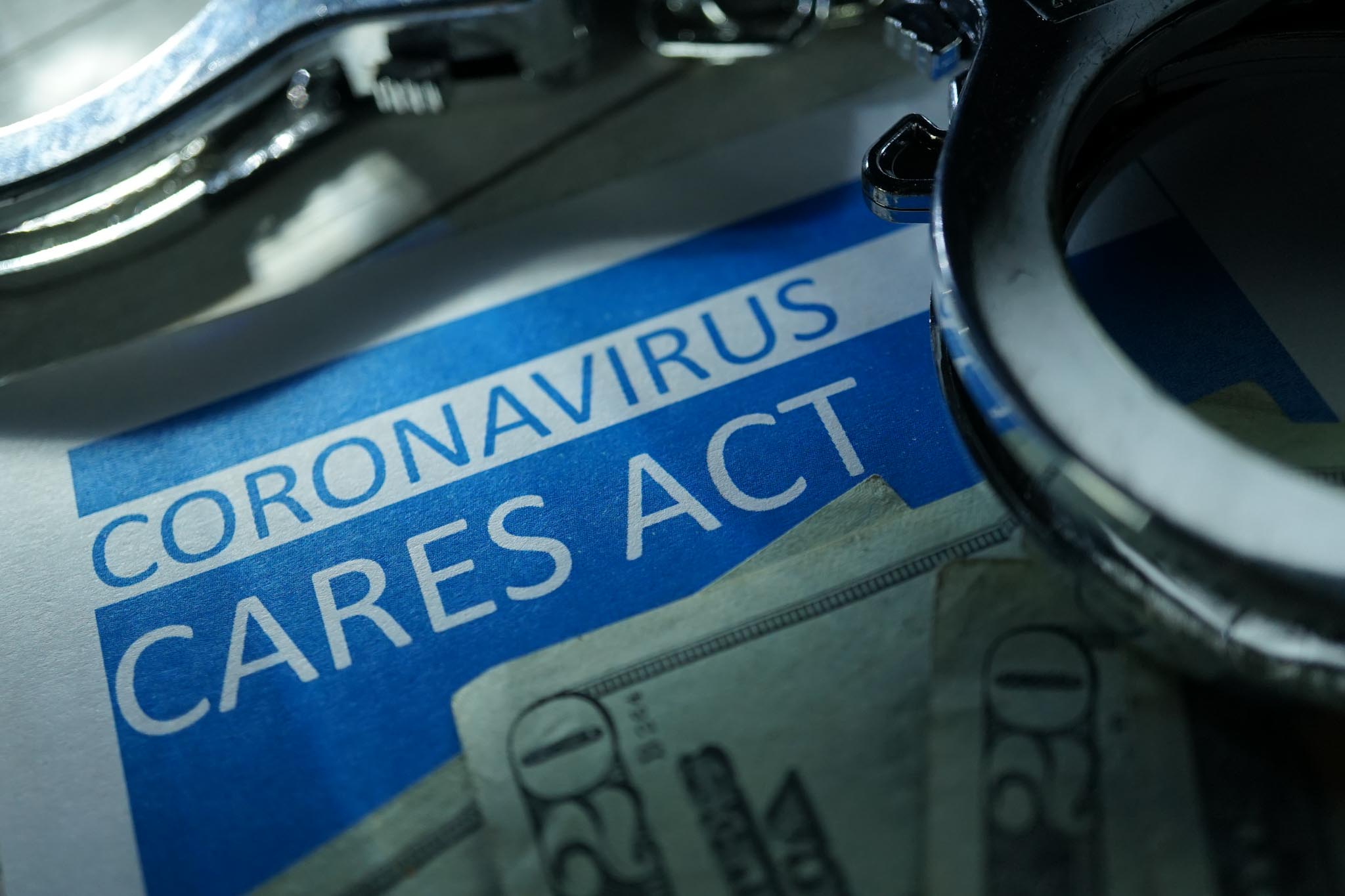
-
All You Need to Know About the COVID-19 Stimulus Plan
Starting this week, the first economic stimulus checks of up to $1,200 will start to go out for eligible taxpayers, starting with people who have direct deposit set up with the IRS. Find out more about the stimulus checks and more.Read More about All You Need to Know About the COVID-19 Stimulus Plan
-
Your Complete Glossary of Financial Terms Related to COVID-19
Some of the financial terms flying around in the wake of the recently approved Coronavirus Aid, Relief and Economic Security (CARES) Act may be confusing. We have broken down some of the key components and how they relate to the COVID-19 pandemic.Read More about Your Complete Glossary of Financial Terms Related to COVID-19
-
5 Things You Should Know Before Buying a Home
Home buying – it’s equally exciting and confusing… so much information being thrown your way! You’ve saved your down payment and started talking to a realtor but now what?Read More about 5 Things You Should Know Before Buying a Home
-
How I Ditched Debt: Engineer Goes Old-School With Pen and Paper
Despite receiving more than $80,000 in merit-based scholarships, Brianna Harrington still graduated from college in 2014 with $40,000 in student loan debt. Determined to eliminate her debt, she lived below her means, and paid it off in 26 months. Her story may inspire your own debt-free journey.Read More about How I Ditched Debt: Engineer Goes Old-School With Pen and Paper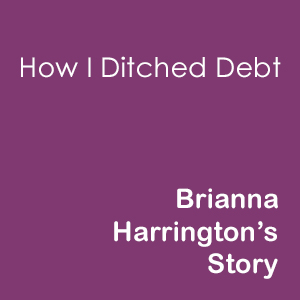
-
How I Ditched Debt: A Wish List Kept Her Going
What do you do when you have a master’s degree in performance studies, and you can’t find a job — but badly need one because you have tens of thousands in student loan debt? Melanie Lockert's story of paying off $57,426 of debt in about 3 years!Read More about How I Ditched Debt: A Wish List Kept Her Going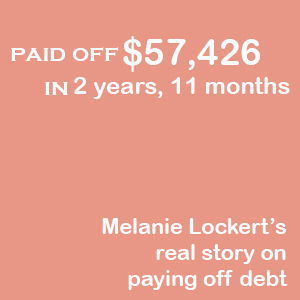
-
Should You Follow Jay-Z’s Financial ‘Blueprint’?
Do Jay-Z’s largely autobiographical tales hold any lessons for people of modest means? Here are five financial moves he’s cited in his lyrics over the years, and our take on whether regular folks can draw on them to improve their own financial standing.Read More about Should You Follow Jay-Z’s Financial ‘Blueprint’?
-
Are You Squeamish About Buying Used Items? Get Over It
Bedbugs. Weird smells. The possibility of imminent breakdowns. People have all sorts of excuses for not buying used stuff. Those who deliberately buy used items, though, say such fears are not just overblown — they’re also expensive.Read More about Are You Squeamish About Buying Used Items? Get Over It
-
Predict Those ‘Surprise’ Bills — No Crystal Ball Needed
It doesn’t take much to upend many Americans’ finances. Some bills may be unpredictable in their amount or their timing, but they’re still inevitable. In other words: If you have a car, or a home, or a body, sooner or later it’s going to cost you.Read More about Predict Those ‘Surprise’ Bills — No Crystal Ball Needed
-
4 Tips to Living the College Life on a Budget
Breathe in the crisp fall air, you’ve settled into your dorm by now but the feeling of newfound freedom lingers. Moving out of your parent’s house for the first time and off to college, the bliss of having your own place! You’re living the typical student life with the exception of one thing… you’re reading these tips so your summer savings isn’t gone in the first couple months.Read More about 4 Tips to Living the College Life on a Budget
-
5 Things Your Credit Reports Won’t Reveal
The credit bureaus know a lot about you, but they don’t know everything.The bureaus gather data about your past use of credit into reports, and that information makes up your credit scores. To shake the feeling that they lay your entire financial life bare, take a look at what does and doesn’t show up on your credit reports.Read More about 5 Things Your Credit Reports Won’t Reveal
-
How Debt Consolidation Can Go Wrong
Daniel Montville knew a debt consolidation loan wouldn’t solve his financial problems, but the hospice nurse hoped it would give him some breathing room. He had already filed for bankruptcy once, in 2005, and was determined not to do it again.Read More about How Debt Consolidation Can Go Wrong
-
The Cost of Raising a Child From Cradle to Adulthood
Raising a child takes patience, understanding — and about $245,340, based on the latest estimates from the U.S. Department of Agriculture. If you're getting ready to have your first child, your life and your spending will change drastically. Here's a closer look at how the cost breaks down.Read More about The Cost of Raising a Child From Cradle to Adulthood
-
Craving Homeownership but Frightened of the Down Payment?
You dream of owning a home, the upgraded space, a vegetable garden in the backyard. A daydream that seems out of reach when you start to think of the down payment… when in reality a down payment isn’t unreachable. Here are the steps to saving your down payment.Read More about Craving Homeownership but Frightened of the Down Payment?
-
Should You Spend, Save or Invest Your Graduation Gift?
When you graduate, you might end your academic journey with more than a diploma in hand — you could wind up with a generous cash gift, too. So what should you do with your graduation money?Read More about Should You Spend, Save or Invest Your Graduation Gift?
-
The DIY Guide to Fixing Your Bad Credit
Knowing where you stand is important. Your score can range from 300 to 850; a score of 740 or above is an excellent score. If you find yourself in a bad credit situation – don’t get flustered – you can fix your score.Read More about The DIY Guide to Fixing Your Bad Credit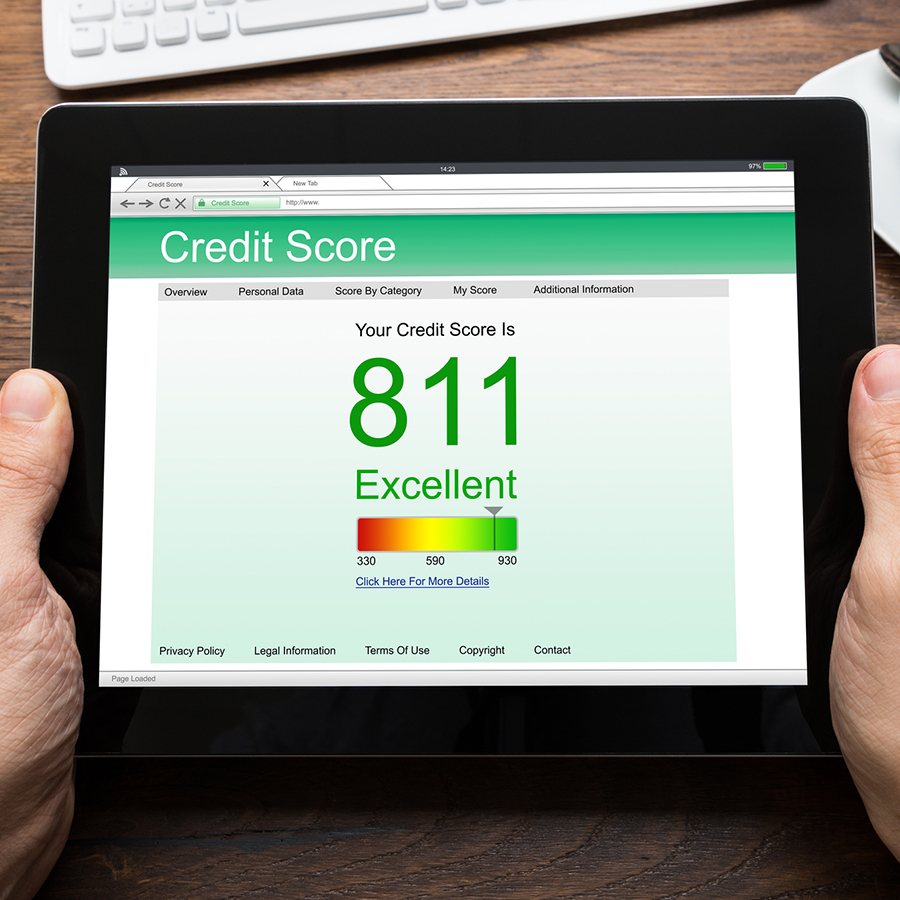
-
How I Ditched Debt: His and Her Money
Talaat and Tai McNeely paid off $30,000 in debt during the first year of their marriage. This husband-and-wife team managed to repay the debt fast and now share financial advice. Here’s their story, related to us in an email exchange.Read More about How I Ditched Debt: His and Her Money
-
Managing a Loved One's Finances After Death
Apart from the pain of a family member or close friend's passing, settling their financial matters can be time-consuming and difficult. These steps can ease the process of sorting through the deceased's finances.Read More about Managing a Loved One's Finances After Death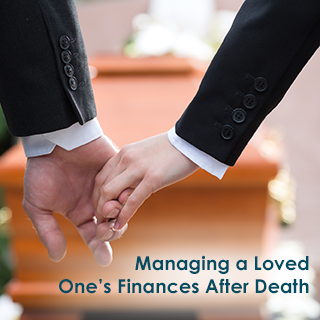
-
Winter Blues, No More! Activities to Do With Your Kids
With many sports and activities in the off season and pools closed, your little ones are spending most of their time indoors. They’re coming to you with complaints of being bored; the last thing you want is them parked on the couch watching TV all day.Read More about Winter Blues, No More! Activities to Do With Your Kids
Our Members, Their Stories
The person that helped me today went above and beyond to get my account updated. Can't praise her enough. Mutual 1st Federal is the greatest. I have my account and car loans with them and will never change and have referred family members and friends. The credit union is "Awesome".





